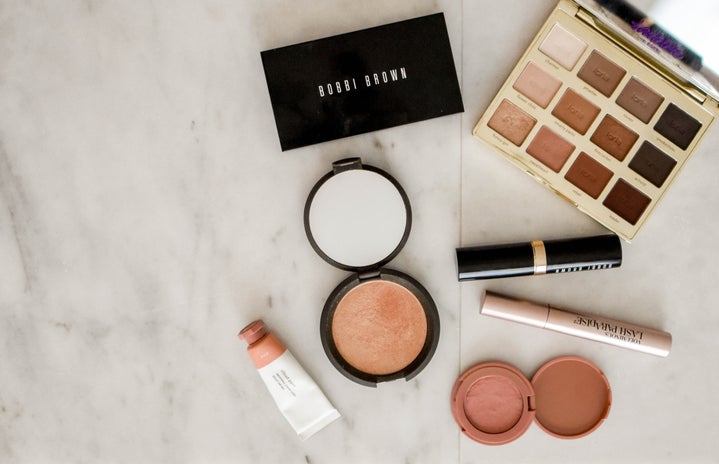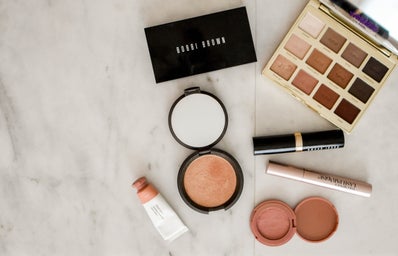ColourPop, a cosmetics company, has recently made a name for themselves as the “cool kid from California brand.” Known for their affordable, high quality products, and even more so for being the company that allegedly produces Kylie’s famous Lip Kits, the brand has become a favourite among the beauty-obsessed.
Recently, the company released a line of 12 ‘sculpting sticks” made to be used as a concealer, or as a highlighter and contour if you’re feeling motivated that day. These sticks were made in a variety of colours to be inclusive of a variety of skin tones, which, in theory, should be great. Other makeup brands have recently come under fire for not having a wide enough (if any) selection of darker colours. The swatches for the product showed a broad variety of tones, filling a large hole in the current makeup industry.
Unfortunately, along with those swatches came the new product names. I usually assume that makeup companies create their product names out of thin air. Most have nothing to do with the product itself, but are simply fun (and in some cases, extremely stupid). As fun as it is to laugh at some of these names, you usually don’t give much more thought to it. Just because your blush is called something racy like “deep throat” doesn’t prevent you from purchasing it (unless it was a gift for your mom–then I would suggest you steer clear).
The ColourPop Sculpting Stick names weren’t racy… they were racist. The light colours were named cutesy things such as “Gummy Bear” and “Castle,” while the darker ones were named “Typo,” “Dume” and “Yikes.” So how is it that NO ONE in a multi billion dollar company was able to see a problem with these names? If there was no one who thought to question linking these names to darker coloured products, I would suggest that ColourPop hires a new HR team.
After the release of the sticks, people were outraged at the names that they chose. If the names were randomly chosen, why would they have picked names for darker toned products with blatantly negative connotations? If you’re unaware what a “dume” is, check out the Urban Dictionary definition here. There is no reason that “Gummy Bear” shouldn’t be the colour of a lighter product, considering gummy bears are usually bright colours; however, no one is going to be offended by such a sweet name. Running on the same logic, there is no reason why “Yikes” shouldn’t be linked with a darker colours; however, unlike Gummy Bear, no one is swooning over the adorableness of this name.
These names blatantly reinforce white superiority by making the names of the darker products, inherently intended for people with darker skin tones negative and offensive. So, I have to ask: who decided these names? Why did they think that “Typo” would be appropriate for a darker colour; did they think that it was a mistake for the company to make these shades?
These colours couldn’t have been a “coincidence” or an accident that everyone was unaware of. A ColourPop spokesperson issued this apology to BuzzFeed News:
“On behalf of ColourPop, we are sorry and are extremely grateful for our customers’ feedback. We have taken immediate action to change the shade names and review our naming process to ensure this does not happen again.”
No matter what their excuse is, at the end of the day; someone in the company thought to associate these negative words with darker colours, and not lighter ones. All I can say is that if the company wants to keep their “cool girl” brand and stellar image, members of their HR team better be pulling some late nights stat.


